Solar energy is becoming increasingly popular as a sustainable and cost-effective way to power homes in Vancouver, Canada. If you’re a solar homeowner looking to add more solar panels to your existing solar panel system, you’re on the right track. By the addition of more solar panels, you can not only increase your home’s value but also reduce your carbon footprint and save money on your electric bill.
In this article, we’ll discuss the key considerations to make when adding solar panels to your existing system. So let’s get started.
Important Factors to Consider Before Adding Solar Panels to Existing System
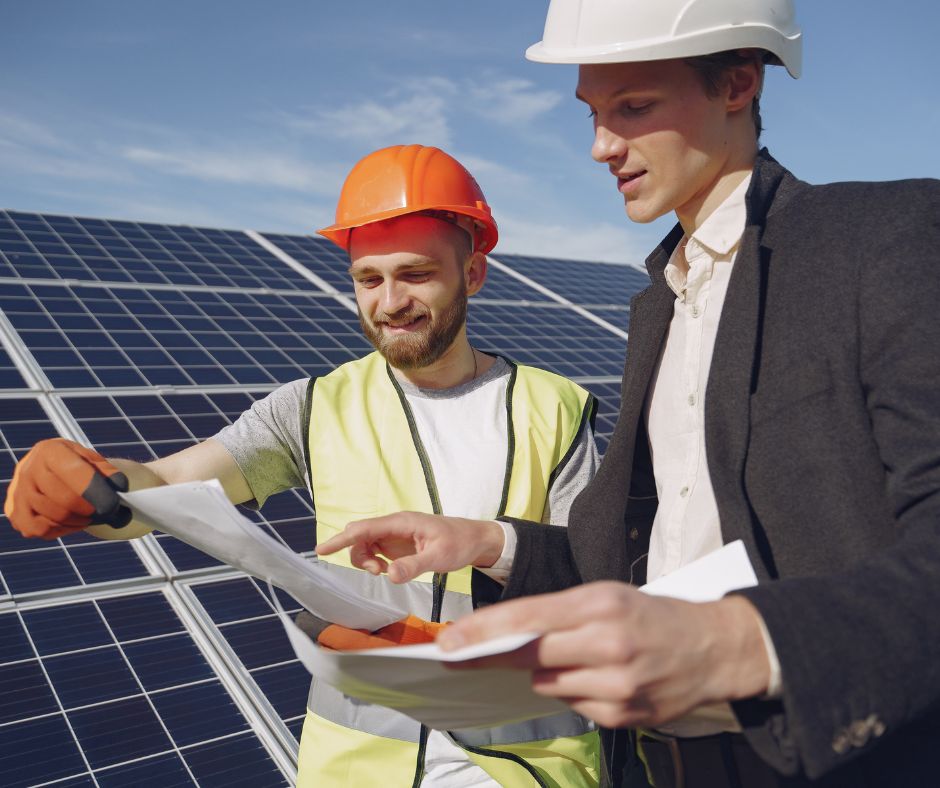
How Much Additional Electricity Do You Need?
The first thing you need to consider when adding solar panels to your existing system is how much additional electricity you need. You can determine this by reviewing your electricity bills to understand your energy consumption patterns.
Based on this information, you can calculate how many additional panels you need to meet your energy needs. Alternatively, you can consult with a solar installation expert to determine the additional power capacity you need.
It’s worth noting that if you’re planning to add more panels to your present solar panel system, you’ll need to ensure that your system can handle the additional power output.
Space for New Panels
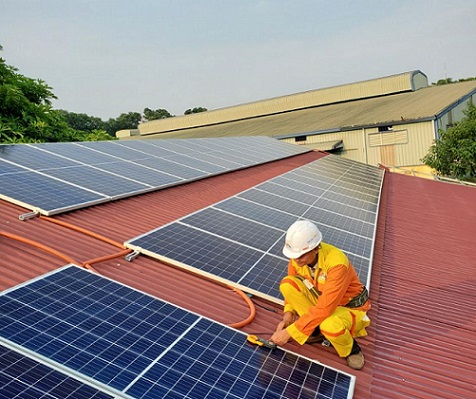
Another factor to consider is whether you have enough roof area to add more solar panels. They need a lot of space to generate enough energy, so it’s important to ensure that you have enough roof space to accommodate additional panels. If you don’t have enough roof area, you may need to consider installing additional panels on a separate array.
When considering the amount of additional roof space you have, you should also take into account any shading that may be present.
Ensuring Compatibility
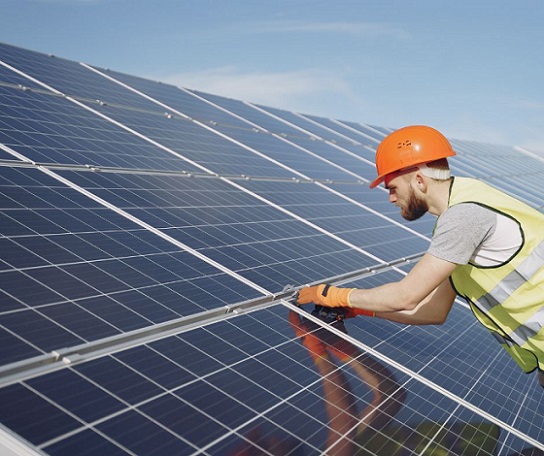
When adding additional solar panels, it’s important to ensure compatibility with present solar panel systems. You need to ensure that the new panels have the same voltage and current as your existing panels. You also need to check whether your existing inverter can handle the additional power output.
If your existing inverter cannot handle the additional power output, you may need to install a new inverter that can handle the increased capacity.
You should also ensure that your existing array can support the additional panels. In some cases, you may need to install a new array to accommodate the new panels.
Aesthetic Considerations
Panels can be unsightly, so it’s important to consider the aesthetic impact of adding more panels to your roof. However, solar companies are now producing panels in different colours and designs, making it easier to match the panels to your roof’s colour and style.
If you’re concerned about the aesthetic impact of adding more solar panelling, you may want to consider installing the panels on a separate array. This can help to reduce the visual impact of the panels on your roof.
Future Energy Bills
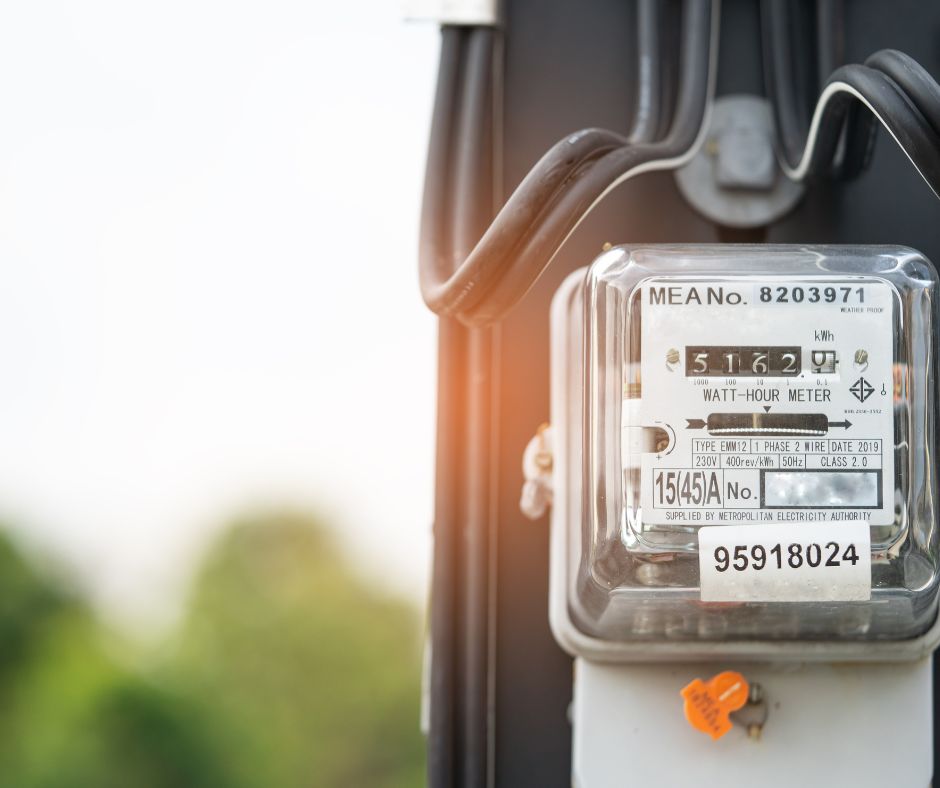
Another important factor to consider before adding more solar panels to your existing system is your future energy bills. As you add more panels to your system, your energy production will increase, which can help you save on your electricity bills.
However, it’s important to note that the amount of electricity you generate will depend on the amount of sunlight you receive and the efficiency of your solar systems.
You should also consider the net metering policy of your utility company. Net metering allows you to sell excess solar power back to the grid, which can help you offset the cost of electricity when you need to draw from the grid.
The net metering policy in Vancouver allows homeowners to receive credits for excess energy production, which can be used to offset future electricity bills.
Battery Storage
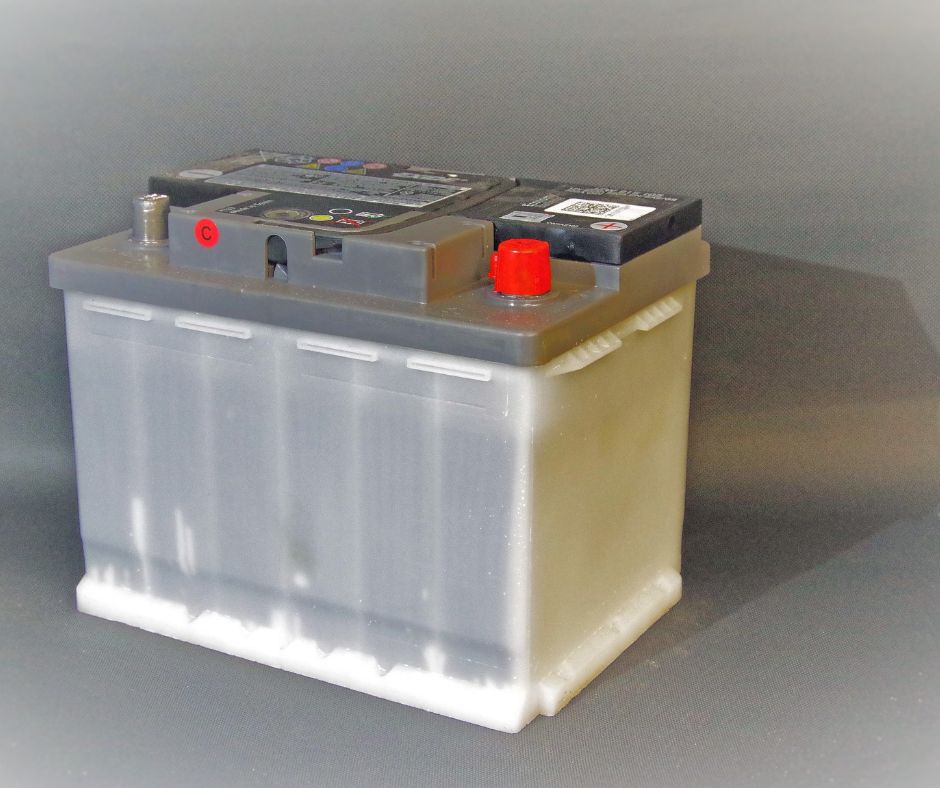
If you’re considering adding more panels to your existing system, you should also consider adding a solar battery to your system. A solar battery can store excess energy produced by your solar panels during the day and allow you to use that energy at night or during power outages.
This can help you further reduce your reliance on the grid and save even more money on your electricity bills.
However, it’s important to note that adding a solar battery can increase the overall cost of your system. You’ll also need to ensure that your existing inverter has enough capacity to handle the additional energy production and battery storage.
Tips for Adding Solar Panels to Existing Solar System
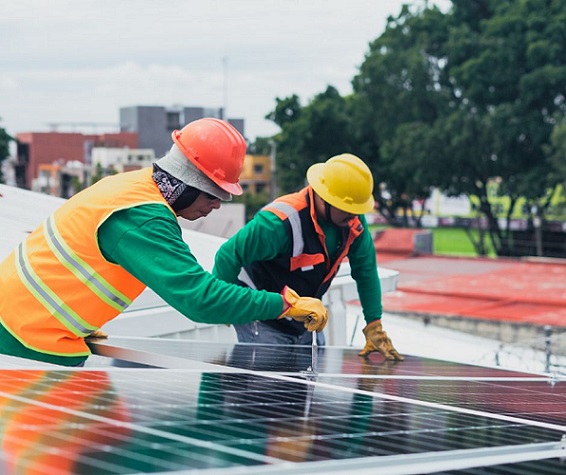
Adding additional panels to a present solar system is a great way to boost your home’s energy production and value. However, it’s important to ensure that the additional panels integrate smoothly into your existing system to maximize their benefits.
Here are some tips to follow when adding panels to your existing solar system:
Get New Solar Panels That Use Microinverters
When upgrading solar panels to a present system, you have the option to choose between traditional string inverters and newer microinverters. Microinverters are attached to each panel, allowing for greater flexibility and efficiency in energy production.
They also provide panel-level monitoring, allowing you to track the energy production of each panel in real time. This can help identify and address any issues that may arise.
Switch to Time-of-Use (ToU) Billing
ToU billing charges you different rates for electricity usage depending on the time of day. By shifting your energy usage to times when electricity is cheaper, you can save money on your electricity bills.
Adding additional solar panels to your solar system can make it easier to shift your energy usage to the daytime when the sun is shining and your panels are producing the most energy.
Replace Your Inverter Before Adding Panels
If your existing inverter is old or not powerful enough, it may not be able to handle the additional panels’ energy output. This can result in reduced energy production and even damage to the inverter.
By upgrading your inverter before adding new panels, you can ensure that your system can handle the increased energy production and optimize your energy output.
Take Advantage of the Tax Incentives
Adding solar panels to an existing system can be expensive. However, many local and national governments offer tax incentives and rebates to homeowners who install solar energy systems.
By taking advantage of these incentives, you can significantly reduce the cost of adding additional solar panels to your system.
Frequently Asked Questions
Can You Add Solar Panels To An Existing System?
Yes, you can add solar panels to an existing solar panel arrangement. If you have already installed a solar panel system in your home, you can easily add more solar panels to increase your energy production and reduce your electricity bills.
It is important to hire a professional solar installer to assess your current system and recommend the best way to add more panels.
Will New Panels Require Permits, Inspections, Or Approvals?
Yes, adding new solar panels to an existing system may require permits, inspections, or approvals from your local authorities. This will depend on the size and scope of the project, as well as the regulations in your area.
It is important to consult with a professional solar installer who is familiar with the local codes and regulations to ensure that the installation is done in compliance with the rules.
Are solar panels required for my ADU?
Yes, solar panels are required for accessory dwelling units (ADUs) in Vancouver, Canada. The city has implemented the Green Buildings Policy for Rezoning which requires all new homes and ADUs to have a solar energy system.
The size and capacity of the solar panel arrangement will depend on the energy needs of the ADU and the available roof space.
Will I Need A New Inverter If I Add Solar Panels?
It may be necessary to upgrade or replace the existing inverter if you add additional solar panels to your existing system. The inverter is responsible for converting the direct current (DC) produced by the solar panels into alternating current (AC) that can be used in your home.
If you add more panels, the inverter may not be able to handle the increased power output. A professional solar installer can assess your existing inverter capacity and recommend the best course of action for adding additional solar panels.
In some cases, it may be more cost-effective to install a new inverter that can handle the additional power capacity.
The Bottom Line
Adding solar panels to your existing system can be a great way to boost your home’s value and efficiency. Before you start the process of installing additional panels, it’s important to consider several factors such as how much additional electricity you need, whether you have enough space for extra panels, ensuring compatibility, aesthetic considerations, future energy bills, and battery storage. By taking the time to carefully consider these factors, you can ensure that you get the most out of your solar panel system and enjoy the benefits of renewable energy for years to come.

Leave a Reply